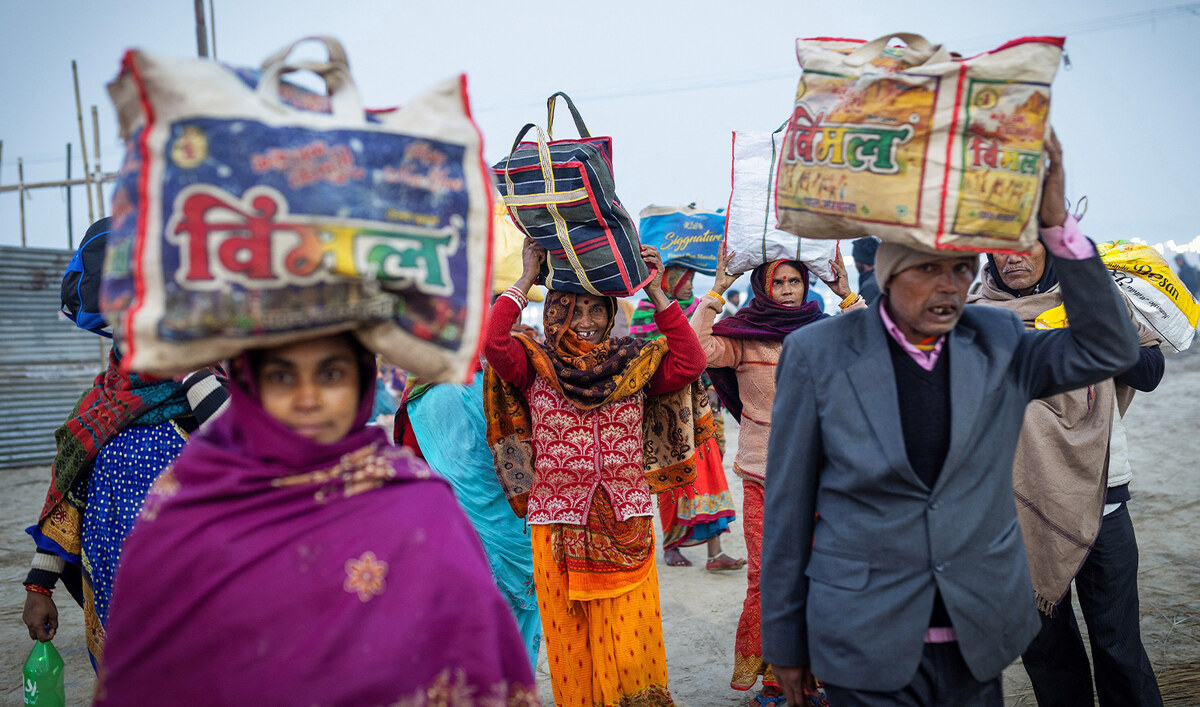MOSCOW: Russian Foreign Minister Sergei Lavrov, responding to a question about the potential delivery of long-range US missiles to Ukraine, warned the United States on Wednesday not to joke about Russia’s “red lines.”
Lavrov said the US was losing sight of the sense of mutual deterrence that had underpinned the balance of security between Moscow and Washington since the Cold War, and that this was dangerous.
He was commenting on a Reuters report that the US is close to an agreement to supply Ukraine with long-range JASSM cruise missiles that could reach deep inside Russia — for which Ukrainian President Volodymyr Zelensky has been lobbying.
“I won’t be surprised by anything — the Americans have already crossed the threshold they set for themselves. They are being egged on, and Zelensky of course sees this and takes advantage of it,” Lavrov told a Russian TV interviewer.
“But they should understand — they are joking about our red lines here. They shouldn’t joke about our red lines.”
President Vladimir Putin has repeatedly warned the West since launching what he called his “special military operation” in Ukraine in 2022 not to try to thwart Russia, which has the world’s biggest arsenal of nuclear weapons.
But Washington and its allies have increased military aid to Ukraine, including by providing tanks, advanced missiles and F-16 fighter jets.
That has prompted some Western politicians to suggest Putin’s nuclear rhetoric is a bluff and that the US and NATO should go all-out to help Ukraine win the war. Zelensky has said Ukraine’s incursion into Russia, launched on Aug. 6, makes a mockery of Putin’s red lines.
Lavrov said Washington knew where these limits lay but was wrong if it believed the consequences of any escalation of the war in Ukraine would be suffered mainly by Europe.
“They have a genetic conviction that no one will touch them,” Lavrov said. This, he said, undermined all the principles that had underpinned strategic stability with Washington since Soviet times.
“This feeling of mutual deterrence — for some reason they are starting to lose it. This is dangerous,” he said.
WARNINGS
Lavrov alluded to remarks by White House national security adviser John Kirby, who said in June that President Joe Biden had repeatedly said Washington was not looking for “World War Three.”
Kirby said a major escalation of the Ukraine war could have “disastrous consequences, potentially, across the European continent” and would not be good for US interests.
It was the second time in just over a week that Lavrov has cautioned the US that a third world war would not be confined to Europe.
The Kremlin said on Wednesday Russia was making changes to its nuclear doctrine because Washington and its allies were threatening Russia by escalating the war in Ukraine and riding roughshod over what it called Moscow’s legitimate security interests.
It has not said how it plans to update the policy document setting out the circumstances in which it might use a nuclear weapon, or when the changes will take effect.































